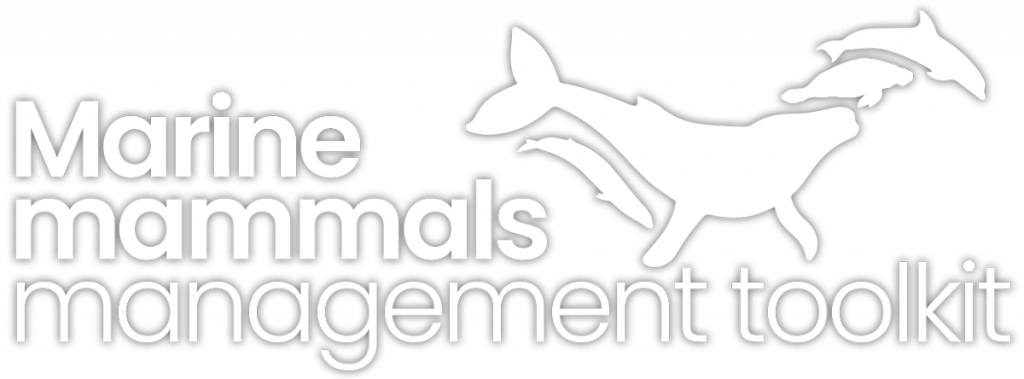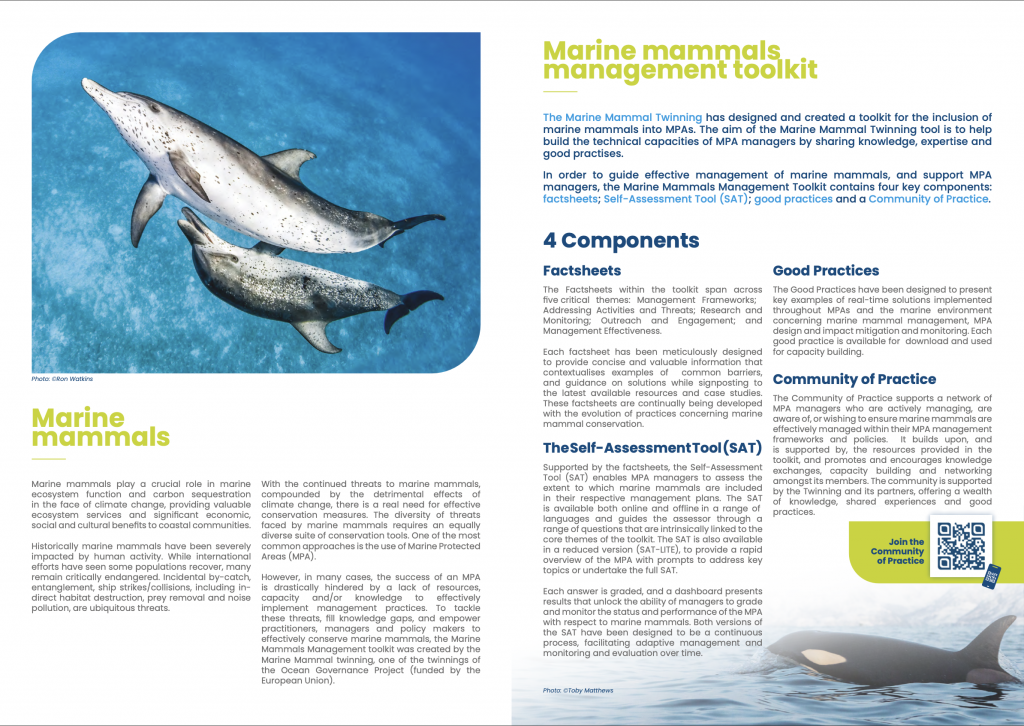The Twinning’s Final Partners Workshop 2023
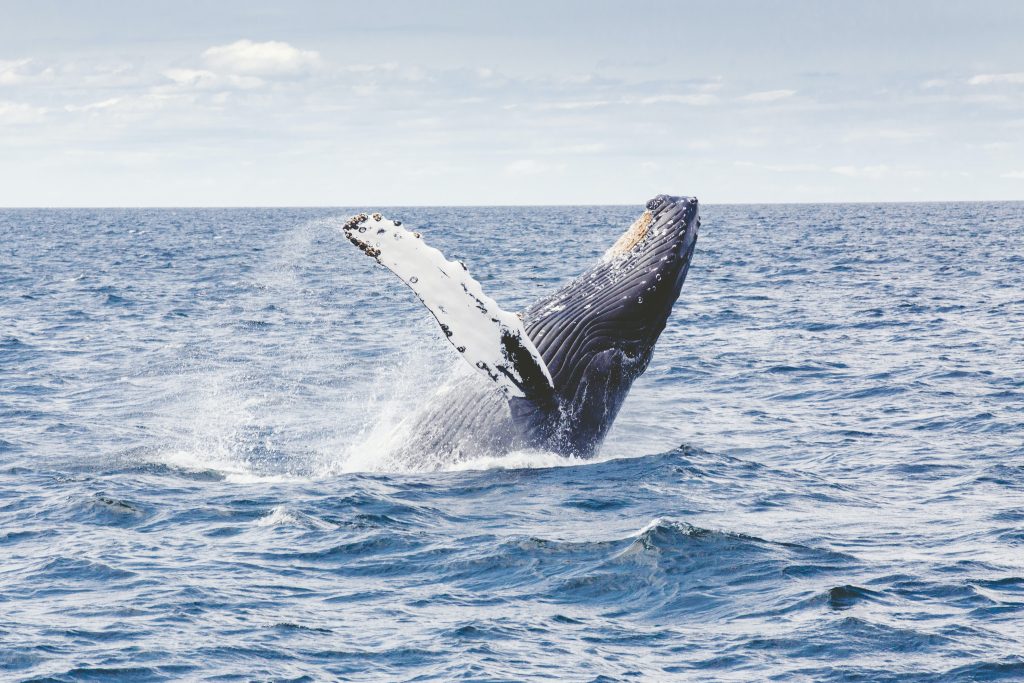
From October 16 – 18, the Marine Mammal Twinning hosted its final partners workshop, in collaboration with Stellwagen Bank National Marine Sanctuary in Scituate (MA), United States of America. In total, over 15 MPA managers, marine mammal experts, and researchers, representing 6 countries (USA, France, Mexico, Iceland, UK and Bermuda), convened for a packed 3 […]
33 New IMMAs Announced – SW Atlantic
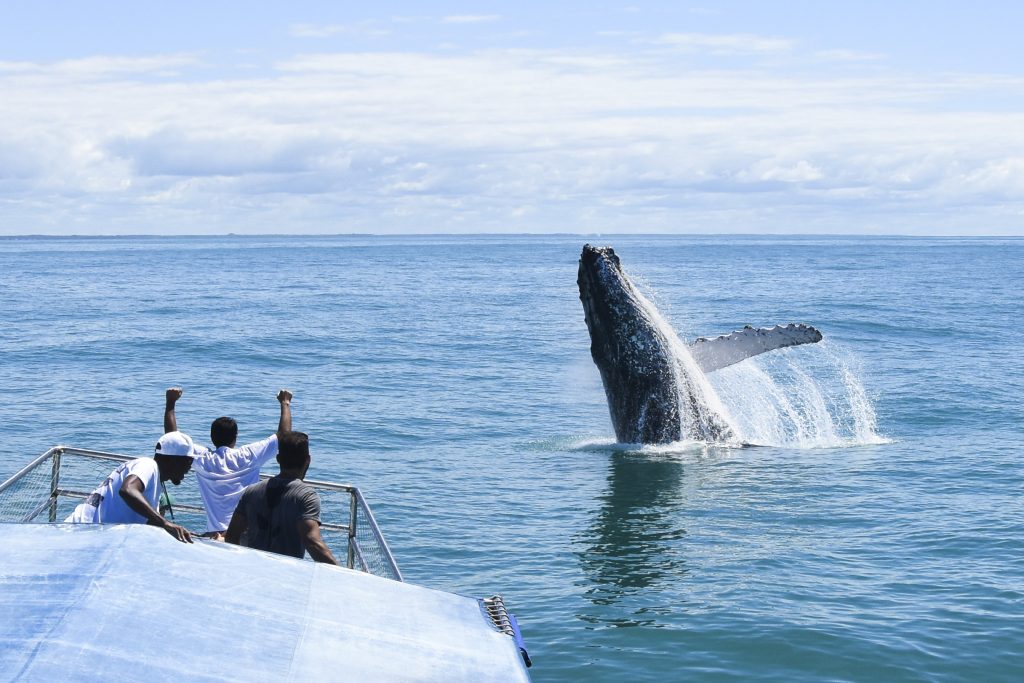
15 Sept. 2023. New Important Marine Mammal Areas—33 IMMAs in total—have been identified and are now on the map of the South West Atlantic Ocean from the Guianas, north of the Brazilian Amazon, to the tip of Tierra del Fuego, Argentina. This is the final result from a year-long process, including an intensive week-long scientific […]
SPREP 2021 Pacific Cetacean Review
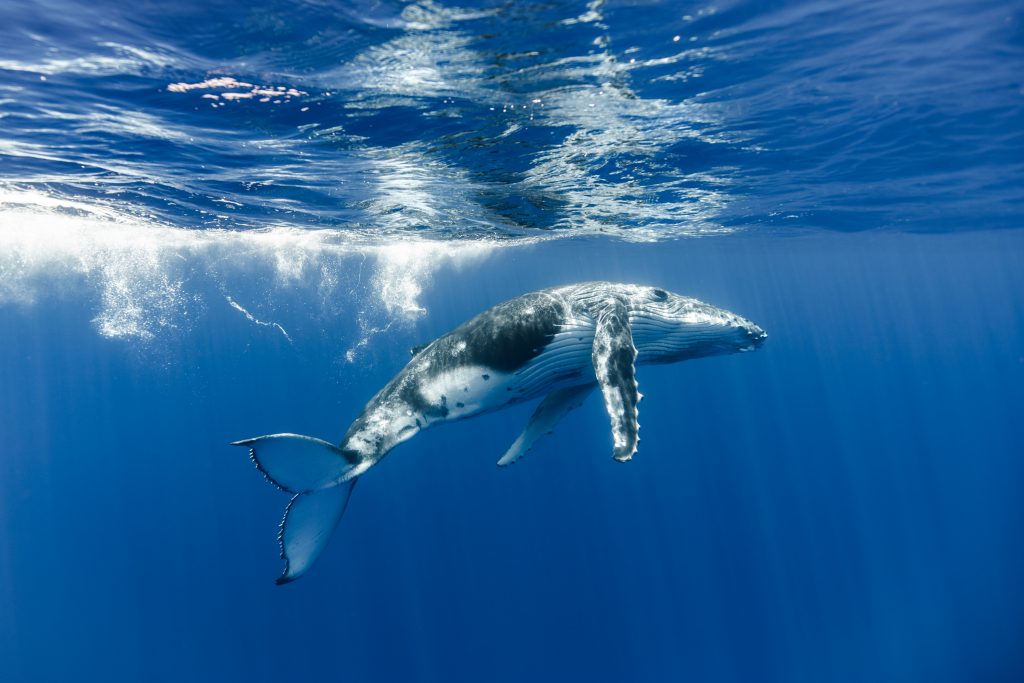
This report presents a general summary of cetacean species and their threats in the Pacific Islands region. The information in this report is separated into three main sections: i) an overview of cetaceans found in the Pacific Islands region, (ii) a review of key threats for Pacific Island cetaceans, and (iii) identification of knowledge gaps in assessing threats […]
Call for Urgent Action: Chemical Pollution Threatens Whales and Dolphins

A new WDC report has issued an urgent call for collaborative efforts to address the critical issue of chemical pollution and its impact on cetaceans Chemical pollution, driven by the presence of synthetic contaminants, is an escalating global environmental threat to our oceans. These contaminants, known as Persistent Organic Pollutants (POPs) and heavy metals, are persistent, bioaccumulative, […]
Study: Microplastics Found in 2/3 Marine Mammals
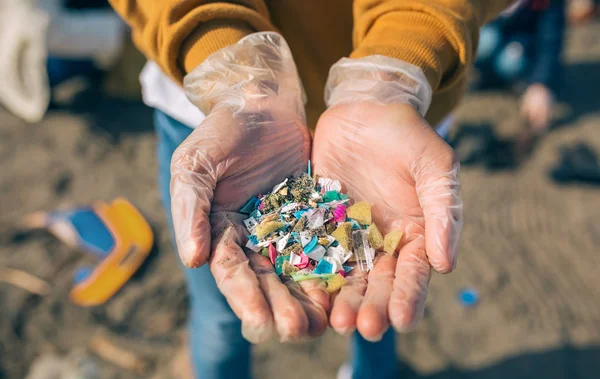
Microplastics Found in Fats and Lungs of Two-Thirds of Studied Marine Mammals, Raising Concerns Over Long-Term Impact In a recent study conducted by a graduate student at Duke University Marine Lab, researchers have made a disconcerting discovery: microscopic plastic particles have been detected in the fats and lungs of approximately two-thirds of marine mammals examined. […]
IWC Extinction Alert: vaquita porpoise
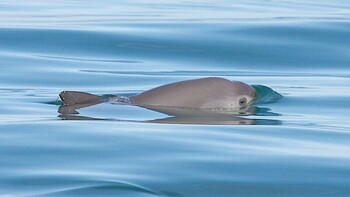
Scientific Committee issues first ever extinction alert: grave concern for the survival of the vaquita porpoise “Despite nearly thirty years of repeated warnings, the vaquita hovers on the edge of extinction due to gillnet entanglement.” The plight of the vaquita porpoise has led the Scientific Committee of the IWC to issue its first ever Extinction […]
Whale Heritage Sites, what are they?

In an effort to protect and celebrate the world’s most charismatic marine creatures, the concept of “Whale Heritage Sites” has emerged as a beacon of hope for whale conservationists worldwide. These sites are dedicated areas recognised for their commitment to safeguarding the natural habitat of whales and promoting sustainable whale-watching practices. As more and more […]
Facial Recognition Software Used to ID Whales and Dolphins
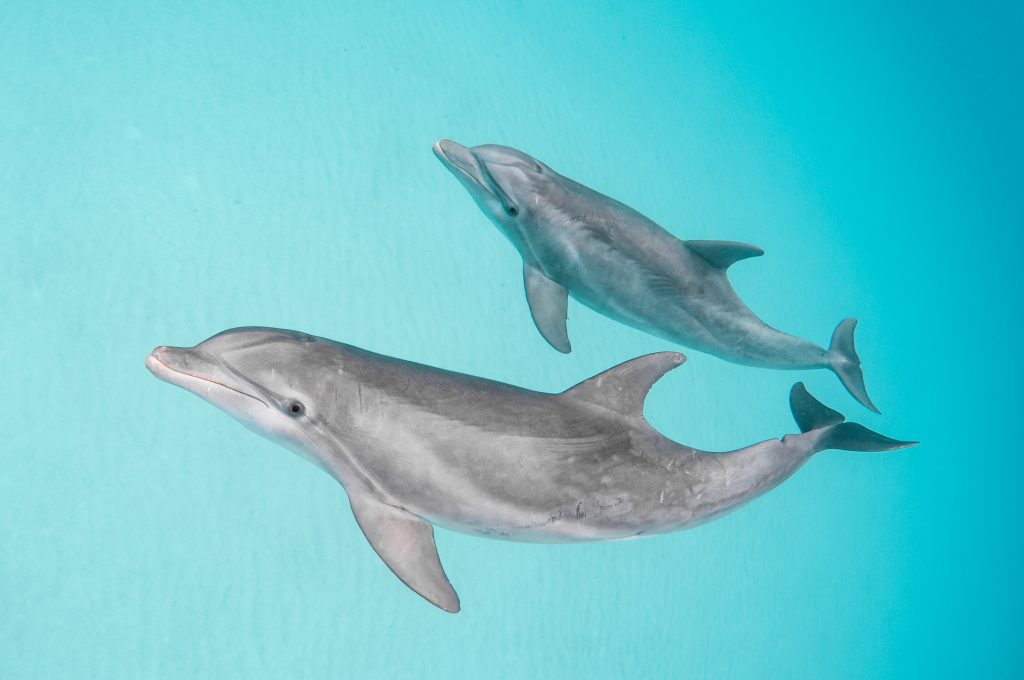
A ground-breaking new tool that uses facial recognition technology to identify individual whales and dolphins in the wild has been developed by researchers at the University of Hawai’i at Manoa Hawai’i Institute of Marine Biology. The tool, which can identify 24 species of marine mammals, could be a game changer for the management and conservation […]
Reductions in Vessel Speed Reduce Noise Impacts on Marine Mammals

In a recent study published by the Advances in Science journal, researchers have found that even minor reductions in cargo vessel speed can have a significant impact on reducing underwater nose levels and the detrimental effects they have on marine mammals. The study emphasizes the urgent need for global actions to mitigate the increasing cumulative […]
NW Mediterranean PSSA Designated to Protect Whales
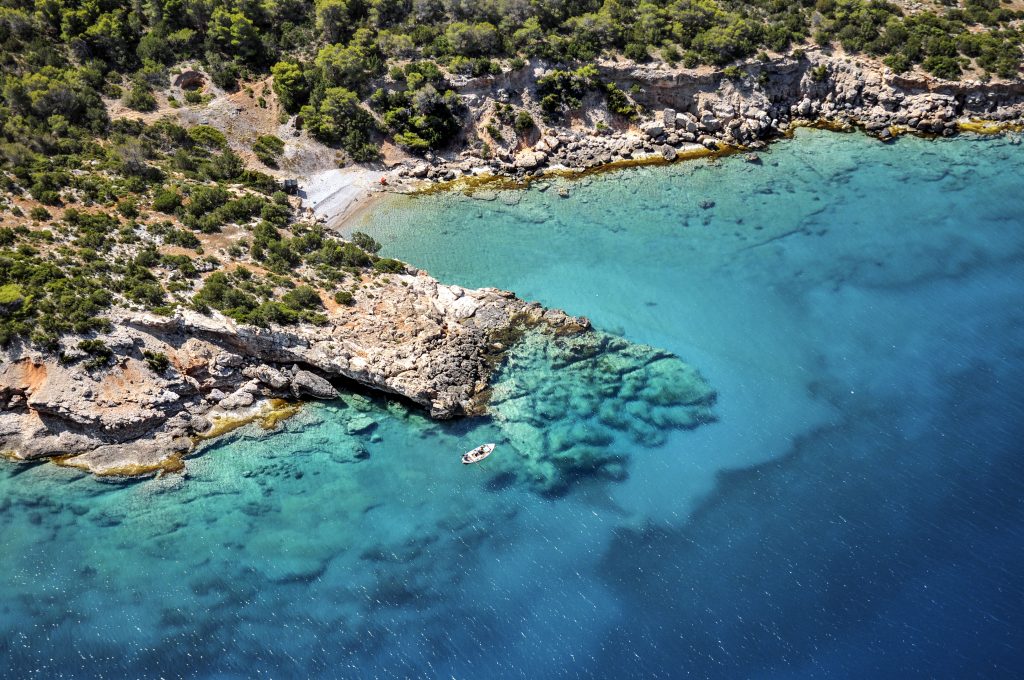
The International Maritime Organisation (IMO) has designated the North-Western Mediterranean Sea as a Particularly Sensitive Sea Area (PSSA) to reduce collisions between ships and endangered whales. The decision, proposed by Spain, France, Italy, and Monaco, aims to address the major cause of mortality for sperm whales and fin whales in this region, which is collisions […]

